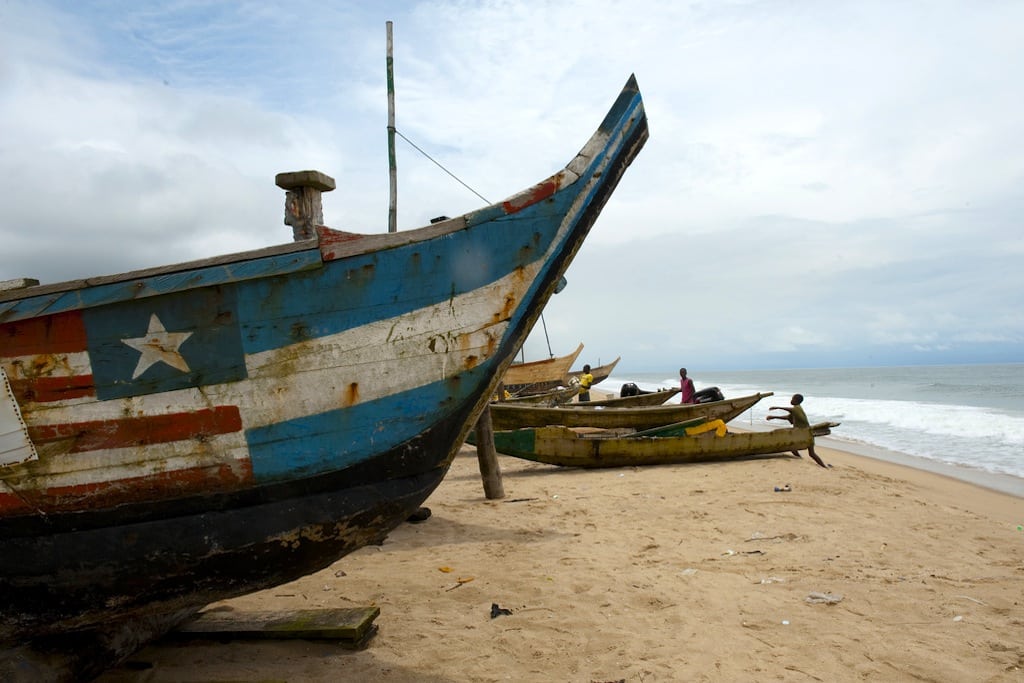How Africa Can Replicate Asia's Tourism Boom

Skift Take
It can be argued that Africa is the next Asia, but the more difficult question is whether it wants to be. A booming tourism economy brings international dollars and job growth at the risk of environmental and cultural degradation.
In 50 years, Africa will be talked about with the same fervor that global hotel groups and tourism marketers now use to fawn over Asia.
The past half century was spent fostering Asia Pacific's now monstrous tourism industry and other countries worldwide have made enormous strides in building tourism economies in similar time.
Thailand's tourism sector was nearly non-existent 50 years ago, but it now employs 15 to 20 percent of the workforce. The Dominican Republic built more than 62,000 hotel rooms in 40 years. And Bali's tourist arrivals grew from a modest 95,000 in 1973 to 1.9 million in 2010.
The world's growing traveler community is looking for new experiences and Africa's cultural and physical landscape makes it
